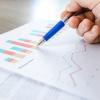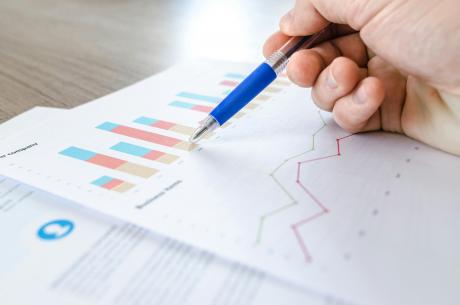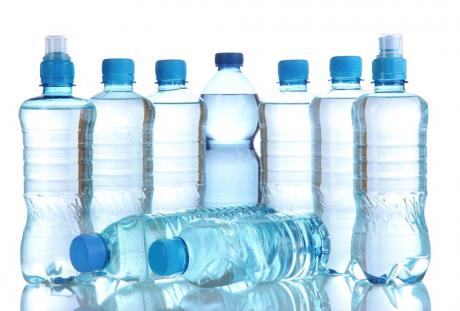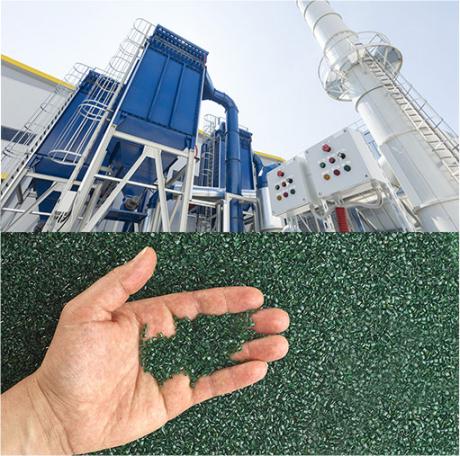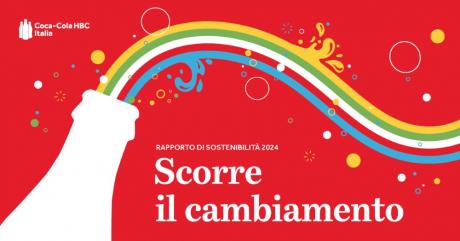Developed by Eni Corporate University and inserted on the Open-es digital platform too, MyChange is enriched with an innovative programme of certifications on the SDGs.
The energy transition is a continuous, transforming process in which cooperation between enterprises along the supply chain plays a fundamental role. This is why in recent years Eni has also addressed its stakeholders with system initiatives open to all operators.
One example among others is Open-es, an innovative digital platform for the sharing of data on sustainability, which creates an ecosystem of committed companies in a shared programme of growth and improvement.
For a system to transform, it’s necessary, however, for each party to participate in the change and it is in this perspective that MyChange is placed, that offers training contents, suggestions, valuable points of reflection and which is enriched with an innovative programme of certifications on the SDGs.
Objective: clarify the sustainable development goal
Developed by Eni Corporate University and inserted on the Open-es digital platform, MyChange is a useful tool for analysing the most important themes linked to the specific sustainable goals of the United Nations Agenda 2030 and to sustainability more generally. Conceived to help clarify a complex question like sustainability through contents with a user-friendly informative slant, this tool makes it possible to improve people’s awareness and promote the adoption of sustainable behaviour inside and outside companies. It is suitable for all roles and corporate levels; it allows for the acquisition of soft skills and remaining updated on the techniques necessary for contributing to improving enterprises’ sustainability performances.
Thanks to the continuous learning system, MyChange also provides constant updates on issues such as the ecological and energy transition and digital transformation.
SDG User Certification
To face the challenges of the ecological and digital transition, businesses have to be able to count on professional figures with specific skills. The objective is to have, by 2025, at least 6 workers out of 10 possessing skills in the field of sustainability and digital tools (source). In MyChange it’s possible to have an innovative and recognised programme at international level in order to obtain SDG User certification which certifies the acquisition of knowledge, skills and expertise regarding sustainability questions. The certification is recognised at both national and international levels.The SDG User profile is aimed at exploiting the contribution that each person can bring to achieving the Agenda 2030 goals, developing and promoting a sustainable approach inside and outside one’s company.
Advantages for companies
An SDG User certificate demonstrates to the outside world commitment regarding sustainability questions and improves a company’s reputation. Through the Sustainability Balance, moreover, objective evidence is provided of having carried out an assessment of the effectiveness and quality of training activities.
Trained and accredited figures on sustainability themes allows for the integration of expertise acquired in business processes, providing companies a competitive advantage on the market in terms of value proposition.
In the programme offered in MyChange, SDG User activities are linked to 5 areas of knowledge and 3 skills.
- Knowledge
- Agenda 2030
- 17 goals
- 169 sub-goals
- UN site (sdgs.un.org)
- 5 Ps (People, Planet, Peace, Prosperity, Partnership)
- Skills
- Embracing the 17 goals
- Disseminating the contents and principles
- Adopting responsible behaviour
In performing one’s civic role inside society and in companies, the SDG User has the task of:
- knowing and being updated about the 2030 goals;
- applying, as far as possible, the principles of the 2030 agenda and the 17 goals;
- monitoring, as far as possible, the 169 targets in one’s daily social, economic and environmental activities;
- assessing one’s own attitude with respect to the 17 goals;
- contributing to promoting day-to-day awareness of the 17 goals;
- contributing to and maintain a sustainable approach in social, economic and environmental terms.



